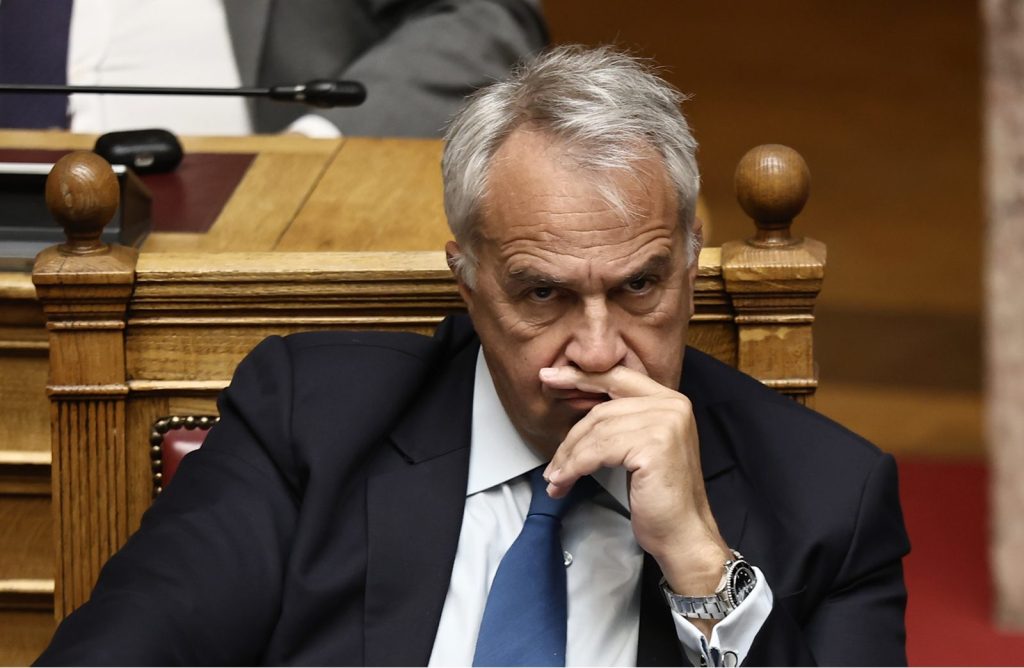Greece may not be the first country that comes to mind when discussing NATO’s biggest defense spenders, but it consistently ranks near the top. In fact, according to NATO estimates, only the United States, Poland, Latvia, and Estonia spent a larger share of their GDP on defense than Greece in recent years. In 2024, Greece allocated approximately 3.1% of its GDP to military expenditure — far above NATO’s 2% guideline.
A Response Rooted in Regional Tensions
Unlike many NATO members that have ramped up defense budgets in response to Russian aggression, Greece’s military focus is largely shaped by its longstanding tensions with neighboring Turkey — also a NATO member.
These two countries share a complex history of conflict, territorial disputes, and strategic rivalry. Experts point to centuries of geopolitical friction, including conflicts over Cyprus, population exchanges, and frequent disagreements over airspace and maritime rights in the Aegean Sea.
“There are a great number of Greek islands located very close to the Turkish coastline,” said economist Jacob Kirkegaard to CNBC. “In principle, these could be vulnerable to invasion, and Greece has traditionally maintained a military presence on nearly all of them — which is very expensive.”
This geographic reality, combined with modern regional instability and what analysts describe as Turkey’s increasingly assertive foreign policy in the Eastern Mediterranean, compels Greece to maintain a robust and well-positioned defense posture.
Military Spending as a Tool of Deterrence
Greece’s high defense spending is seen by analysts not only as a practical necessity but also as a form of strategic leverage.
“Greece spends heavily on defense to protect its sovereignty and territorial rights,” said geopolitical expert George Tzogopoulos. “Given the regional unpredictability, the country has no choice but to prepare for all scenarios.”
Over the next two decades, Athens plans to spend over €25 billion on its military, reflecting its long-term commitment to readiness.
Not Without Challenges
Despite the size of its defense budget, Greece faces limitations in military capabilities. Much of its recent investment has gone toward importing advanced weapons systems — often from allies like the United States and France — rather than developing domestic defense production.
“The country still lacks a strong homegrown defense industry,” said analyst Wolfango Piccoli. “A key priority moving forward is to build and sustain a local industrial base to reduce dependence on foreign suppliers.”
Other obstacles include aging equipment, especially among Greece’s extensive tank fleet, and operational inefficiencies due to the dispersal of forces across its many islands. Troop training and logistics remain areas of concern.
Greece’s Role in NATO
As NATO leaders gather for a high-stakes summit, Greece’s elevated defense spending is likely to bolster its influence within the 32-member alliance. Its defense ties with key powers like the U.S. and France have already deepened, partly as a result of weapons purchases and military cooperation.
“Greece’s military expenditure also acts as geopolitical capital,” Piccoli noted. “It strengthens its standing within NATO and reinforces security guarantees in a complex regional environment.”
Looking ahead, NATO is reportedly considering raising its collective defense spending target to 5% of GDP, which would include allocations for cybersecurity and infrastructure. While this would be a steep increase for many countries, Greece may already be closer to this threshold — though not necessarily equipped to meet all the new criteria.
As Kirkegaard concluded, “Greece’s primary challenge isn’t Russia. It’s managing its own regional security concerns — which makes its high spending understandable, but not necessarily aligned with NATO’s shifting priorities.”










